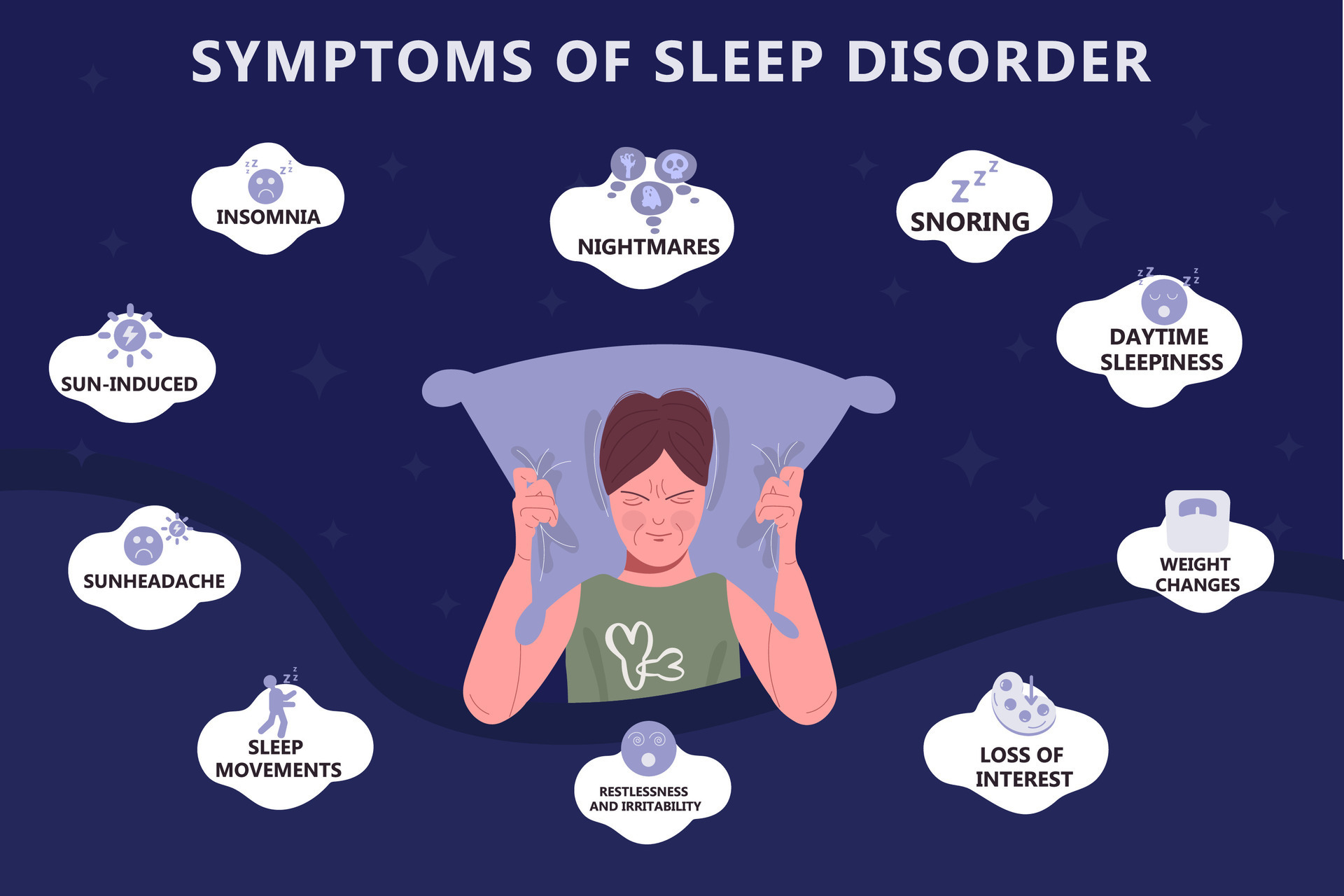Disruptions to everyday functioning and general health may result from sleep problems, which affect a large number of people worldwide. Chronic weariness and cognitive impairment are symptoms of narcolepsy, obstructive sleep apnea, and shift work sleep disorder. Among the current treatment choices, Artvigil and Modalert 200 stand out. This article delves into the possible applications of these drugs to boost alertness, improve quality of life, and encourage restorative sleep.
Sleep Disorders: A Comprehensive Overview
The narcolepsy disorder
Characteristic of narcolepsy are spells of deep sleep throughout the night followed by extreme lethargy during the day. Cataplexy, characterized by sudden weakening of muscles brought on by extreme emotions, may lead to paralysis or even collapse and is a typical sign of narcissism.
Work-Related Sleep Disorders
Shift work sleep problem is an internal issue that may affect people whose work schedules are irregular. Insomnia, extreme fatigue, and trouble staying awake and focused at work are some symptoms.
Apnea, a Sleep Disorder
Sleep disruptions and decreased oxygen levels are symptoms of obstructive sleep apnea (OSA), which is defined by a partial or full blockage of the upper airway when one is sleeping. Some of the symptoms include difficulty breathing when sleeping, severe wheezing, and extreme exhaustion throughout the day.
Modalert 200 and Artvigil Psychochemical Profiles
Two hundred modalert
Patients with narcolepsy, shift work sleep disorder, obstructive sleep apnea, or both may benefit with modafinil (modalert 200), an inducing of awareness that improves cognitive performance and reduces excessive lethargy. It does this via influencing brain levels of neurotransmitters, particularly dopamine, which in turn increases awareness and alertness.
The art of Artvigil
Similar goals are accomplished with Artvigil (armodafinil), a derivative of modafinil. Its slightly changed pharmacokinetic profile gives it the ability to show extended systemic retention, which means it may alleviate tiredness for a long time. Additionally, armodafinil improves mental performance and wakefulness by acting on the brain’s dopaminergic system.
Customizing Treatment Plans
Individualized Approaches
The only way to successfully manage sleep problems is with tailored treatment programs. Each patient has specific needs that healthcare providers must address based on their own lifestyle choices, current health status, the kind and degree of their sleep disruption, and any preexisting medical issues.
How often and how much
It is recommended to take Artvigil and Modalert 200 once day. To get the most out of medications while minimizing their side effects, it’s important to give them at the right times. If you have trouble sleeping on the job, taking your prescription an hour before you start may help you stay awake and attentive.
Adjustment and Evaluation
In order to evaluate the medication’s effectiveness and make any necessary adjustments, it is crucial to schedule regular follow-up meetings with medical professionals. Disclosure of side effects or changes to a patient’s medical condition is critical for optimizing treatment results.
Embracing Lifestyle Changes
Safety Measures for Resting
Medication effectiveness may be significantly improved with good sleep hygiene. Some of these habits include keeping to a regular sleep schedule, creating a calm atmosphere conducive to sleep, and avoiding stimulants like coffee in the hours leading up to bedtime.
Executing Physical Activity
Some people find that regular exercise helps them sleep better and lessens the severity of their sleep problems. Some great low-impact cardiovascular activities are swimming, strolling, and yoga.
Calorie Consumption and Nutrition
Adopting a nutrient-dense, balanced diet has the potential to enhance both general health and the quality of sleep. In the hours leading up to bedtime, stay away from alcoholic beverages and heavy meals.
The provision of support remedies
Treatment of sleeplessness with cognitive behavioral therapy (CBT-I)
Evidence-based cognitive behavioral therapy for insomnia (CBT-I) helps patients change their patterns of thinking and doing that interfere with their sleep. It may be highly helpful for those who suffer from both insomnia and other sleep problems at the same time.
Techniques for De-Stressing
Deep breathing exercises, progressive muscle relaxation, and meditation are all forms of relaxation that may help bring on and maintain a good night’s sleep by calming the mind and body.
Possible Obstacles Handled:
Management of Adverse Reactions
While most individuals have no problems with Artvigil or Modalert 200, a small percentage may have side effects including nausea, headaches, or trouble sleeping. It is crucial to see a healthcare provider without delay if you have any of these side effects; they may be able to adjust the medication’s dose or delivery schedule to lessen their impact.
Emotional Assistance
Since dealing with a chronic sleep issue on a daily basis may be challenging, full-service treatment must include psychological assistance. Patients may find the inspiration and tools they need to take charge of their health via therapy and support groups.
Management for the Long Term and Sustainability
Ongoing Education
Active patient participation in therapy is more likely to occur when individuals get continuing education on sleep problems and appropriate management tactics. There may be more options for improving sleep health if we stay up-to-date with new medicines and studies.
Building Your Self-Sufficiency
One has to learn to handle the highs and lows of living with a sleep problem in order to become resilient. To do this, one must maintain an optimistic view, set reasonable goals, and reward oneself for little victories along the way.
In conclusion:
Treatments for sleep problems that keep you awake, such Artvigil and Modalert 200, may be effective and can enhance your quality of life. It is possible to reduce insomnia and improve everyday activities with the help of these medications, together with focused treatment regimens, lifestyle adjustments, and supportive psychotherapy. By taking a more comprehensive approach to treating sleep problems, individuals may restore balance and energy to their everyday lives while also overcoming the challenges caused by their illness.

